Machine learning and artificial intelligence have changed how companies deal with website performance and SEO tremendously. Here’s how AI is transforming website performance.
According to Research by Sun, integration of AI and the digital marketing mix help companies enhance website optimization in ways that were hard to achieve in the past. AI technology helps to deliver new capabilities in analysis, optimization, and enhancement of digital content and web performance. But how? To clarify, here are some concrete ways in which AI has affected SEO and overall site performance. To know how AI is transforming website performance, let’s investigate the realm of AI-enhanced SEO tools and pay special attention to their possibilities.
About AI-Driven Solutions
As a subclass of AI solutions applied to SEO, it is a concept that we can define as the utilization of artificial intelligence of machine learning, NLP algorithms, and predictive analytics as tools for improving different aspects related to search engine optimization. These solutions facilitate repetitive processes, offer enhanced information, and adapt from user engagement to enhance performance. For instance, you can instruct an AI to study SERPs to define what factors are influencing rankings or scan a site for potential technical problems or propose changes to the content to better fit the user’s intent.
AI-based SEO tools automate tasks that earlier consumed many hours, for instance, keyword generation, a competitive analysis, content promotion, and website evaluation. They are often able to deal with big data and filter through it in order to identify relevant intelligence, which makes them particularly useful to businesses who wish to improve their online effectiveness.
The Evolution of SEO with AI
What was initially perceived as a gimmick such as keyword stuffing and various backlinks has changed. The continuous updates on search engine algorithms, especially by Google, has seen SEO become harder and now focused on usability, relevance, and website functionality. These needs have been addressed by AI solutions, which have been very helpful in automating such processes, increasing accuracy and providing real-time analytics.
There are several ways to test accurate keyword selection, for instance. Machine learning models can predict which keywords will perform well given the current trends and past data. The other way that AI algorithms can assist with SEO is by making recommendations based on the observed user behavior, which enhances user experience and thus helps to increase SEO ranking. While AI has been around for some time and still remains a luxurious asset, with the conditions of SEO constantly changing, it gradually becomes a necessity.
Doing an evaluation of the online tools that can help improve website performance using artificial intelligence.
Optimizing website performance is another domain in which AI-driven tools are used, including load speed, its mobile adaptation, and more. Platforms like Google’s Page Speed Insights that uses AI to scan and analyze website performance offer advice on how to correct identified inefficiencies to enhance site loading competence. On the other hand, AI-based content delivery networks such as Cloud-flare rely on machine learning to enhance delivery of content, thereby increasing content load rates irrespective of the geographical location of the user.
Also, because AI algorithms are capable of learning, they can also pinpoint areas on a website that may be causing a slowdown, be it images that aren’t optimized or the too much use of JavaScript. By tackling such concerns, companies can enhance Core Web Vitals—metrics that Google considers when evaluating UX and the ranking of the web pages.
Use of AI in keyword research and content planning
It is now possible to bid on keywords in a rather sophisticated manner, a trend that has been made possible by the following factors: Tools such as SEMrush and Ahrefs are AI-based keyword research tools that use machine learning to scan through large amounts of keyword data in order to identify keywords with the highest potential given the searched volume, competition, and relevancy. Instead of simply searching for keywords, these tools serve to set guidance for contents by revealing what kind of topics are popular and what are lacking.
AI may also be able to recognize future trends for keywords, enabling the businesses to get on the right side of the game and market the topics before the competition. To achieve this, businesses that incorporate AI-inspired content approaches will develop their websites in a way that addresses current challenges of search engines and users.
One of the ways that AI makes the user experience more unique or personalized is by using big data analytics platforms.
One of the key components of improving the users’ quality experience is personalization, and it is here that AI is peculiarly placed to provide tailor-made content to the users. Based on usage patterns, interests, and other actions, AI algorithms deliver personalized content that will be appealing to users. For instance, it helps to change products presented as suggestions on the websites of online stores or show articles that might be interesting for a reader based on their previous activity on the webpage and, thus, enhance the rate of time people spend on the site rather than leaving within seconds.
Personalization is not only a friendly approach to the users but also informs the search engines that you actually offer a value to the users, eventually enhancing the rank. Thus, by employing the personalization, which is based on AI, websites could shape the user experience that is more interactive and suitable.
Content Optimization with AI
Even so, now as it was in the past, it is quite clear that ‘content is king’ in SEO but not all content is the same. There are many tools that can analyze readability and structure of content and suggest the work to make it better in terms of optimization for SEO, such as Grammarly and Surfer SEO. These tools can tell you if your content complies with the current SEO requirements concerning keyword density, meta tags, and headings, among others.
Furthermore, AI-driven contents are not only limited to simple changes at the surface level of the contents. Based on the users’ intent, AI can recommend what changes should be made to the content so that the content can satisfy the user’s query and at the same time be optimized for SERP.
Predictive Analytics for SEO
Predictive analytics is one of the areas that I think have seen an actual powerful impact of AI in SEO. As a consequence, AI algorithms can predict future SEO results and recommend actions that need to be taken in order to take advantage of the trends observed. This could involve, for instance, forecasting when there are likely to be more traffic volumes, which topics are likely to trend, or which pieces need to be revisited to improve rankings.
These technological tools help to enhance business performance and the ability to anticipate competitors’ actions, providing a basis for practical decision-making. This way, changes in users’ behavior or in the algorithm used by the search engine can be effectively counteracted by the business, leading to a sound SEO.
The utility of artificial intelligence within technology has actually been mainly centered on boosting user interaction with chatbots.
Chatbots are now not mere customer support solutions but serve as critical components to boost user experience and therefore search engines. With AI chatbots, the user questions can be answered on the spot, the visitors can be led through the site and even products can be recommended based on the customer’s past activity. This makes users spend more time on your site and contributes to the reduction of bounce rates, which are key in SEO.
In addition, chatbots gather relevant information about users’ interactions, and this information can be used to enhance content and website design. AI chatbots can enhance the ability of websites to deliver a more engaging, effective, and individualized user experience.
Optimizing Image and Video using Artificial Intelligence
In the same regard, visually driven content is a great way to captivate users, but it is just as often the cause of slow loading times. The devices powered by AI such as ImageOptim and Adobe Sensei offer solutions for image and video optimizations that load easier and are not of a lower quality. These tools change the size, format and resolution of the files to achieve the right operational efficiencies on these devices.
AI also helps in generating ALT text that helps make images more accessible and SEO friendly. Enhancing multimedia elements improves both usability and ranking factors since search engines focus on websites containing high quality and clear images.
Technical SEO with an Emphasis on Smart Automation
Technical SEO is quite complex and it includes tasks such as the site audit, fix broken links and meta tag optimization, among others. Solutions like Screaming Frog and DeepCrawl automate these tasks and offer detailed site insights and suggestions. They identify potential barriers to indexing by a search engine, including duplicity, non-functioning links, and pages with a long time to fully load, thus enabling webmasters in the management of such problems.
Application of automation in technical SEO makes it possible to work on any website and find out that it is in the best condition possible without any flaw that will lead to poor rankings. By automating SEO, companies keep their site structure optimized to match the latest algorithms set by search engines.
Some of the vital on-page SEO optimization aspects that can benefit from the incorporation of AI include:
On-page SEO has a paramount role when it comes to ranking, and this is where AI comes in to help adjust different aspects of the content that includes the title, headers, and even the meta description. Conventional content optimization tools can analyze the structure and ‘SEO readiness’ of content and even give real-time feedback on this. To avoid keyword stuffing, there are tools such as Clear scope that employs the use of machine learning to identify the most appropriate keywords and phrases relevant to the user search intent.
It is also useful in the manner in which content is formatted, with the ability to craft eye-grabbing, click-friendly webpage designs that prompt users to spend more time on the sites. This in turn tells the search engine that this content is worth the while and will increase its probability of ranking well.
AI-Powered Link Building
Link building is considered fundamental to any SEO strategy, but it is a lengthy endeavor. Linkody and Pitchbox are some of the AI-powered tools that make link-building easier by matching you to potential backlink sources. These platforms employ artificial intelligence to analyze link profile of competitors, find link sources and even writing link building outreach messages.
AI takes a lot of burden off link building by automating the contacting and analysis process so that businesses can target links that will make a genuine difference to their authority and search rankings.
How to Optimize Website for Voice Search With the Help of Artificial Intelligence
Voice search is becoming more popular, and AI is helpful when it comes to preparing for this trend. There are set artificial intelligence algorithms such as the natural language processing that assist in understanding how a user phrases his questions while using voice search, and thereby the nature of writing to emulate in creating the content. By using AI tools, conversational keywords and phrases that are most relevant to voice searches can be recommended thus improving the visibility of your site in this emerging search category.
Implementing voice search indeed aids in reaching out to more people and enhances one’s understanding of how users engage with the search engine tool.
The employing Natural Language Processing (NLP)
NLP is a branch of AI concerned with the use of computers to process human language. That makes the search engines to be in a position to understand the relevance and the context of the queries hence providing enhanced search results. Thus, using NLP for website owners means developing material based on users’ interests as closely as possible.
Google’s BERT model, for example, is an AI tool that parses language for unique content and helps content rank higher because it interprets the meaning behind user queries. NLP also helps in improving content for featured snippets, which is one of the most desirable positions on SERPs.
AI-Enhanced User Analytics
Data analysis is fundamental to any SEO project and AI takes it to the next level by giving more elaborate information about the behavior of users. Modern AI-based solutions formally known as Google Analytics 4 provide users with predictive analysis, anomaly detection, and user journey mapping. They help analyze what is effective in the business site and what ought to be adjusted or enhanced.
Here, by using AI-support tools, it becomes possible for the businesses to make better decisions in terms of website utilization, thus effectively matching their performance against the user expectations, which in result, will yield better SEO results.
Conclusion
The roles of artificial intelligence in website analysis and SEO are quickly emerging as software solutions that provide better analysis, automation and optimization. From an optimization of content and user experience to assuming enhanced roles in content creation, AI allows businesses to pursue greater visibility, increased engagement and improved ranking. Adopting these technologies is not a luxury anymore – it has become a necessity if organizations are to survive and thrive in today’s business environment. With the advancement of AI, both in the existing and developing applications, the chances for website enhancement and SEO optimization are going to expand further, which makes it is the right time to blend AI solutions into the approach.
FAQs
In what way can AI solutions enhance SEO?
It enriches SEO because many tasks can be easily delegated to an AI optimization tool, such as the analysis of keywords, content, and a technical website audit. It helps them to understand large amounts of data which in turn helps in providing recommendations on process improvements for improved SEO rating as well as general usability.
It is an obvious question, Is it possible for AI to assist in website performance?
Yes, AI can greatly contributing towards the performance of website by increasing the loading rates, making websites more responsive for the mobile devices, and also making users more personalized as per their taste and choice. Performance problems are detected and the solutions are provided by AI driven tools to assure the proper functioning of the websites.
What are the implications of having AI in content writing?
AI helps writers to come up with a new idea for content, make the text more readable, and conform to SEO standards. AI writing tools may help with the generation of topics, improving the language, and adherence to the topic and user intent to improve its ranking.
How does AI influence technical SEO?
AI helps with most of the technical issues relating to SEO, including audits, errors, and meta tags. This will point out problems that are common to search engine crawlers, possible causes and gives ways to avoid them in realization of a proper site structure.
In what ways can keyword research be enhanced by the use of AI?
Absolutely. Keyword research tools powered by AI examine the search information to determine the potential keywords that may yield high click-through rates due to their relevancy, competition levels, and popularity. These tools can be used to determine the right keywords to use in order to get the most out of SEO.
What is the future of artificial intelligence in SEO?
The future of AI use in SEO is even more advanced systems that can anticipate future trends in the search engine space, perform more complicated SEO tasks autonomously as well as offer more detailed information about the behavioral patterns of users. Ever-advancing AI technology will remain a key dominant in determining the course of future SEO goals and objectives.
Also Read
To read more about these topics, visit our website, www.consumerviews.in and share it with your friends / Follow our Facebook page, Consumerviews India.



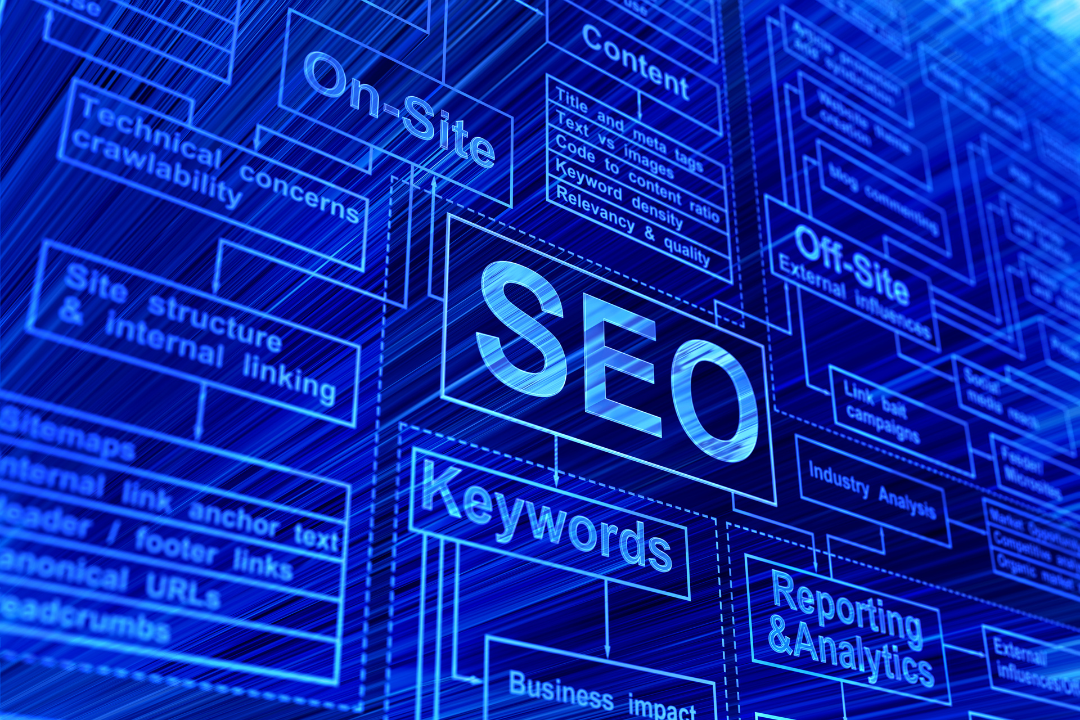
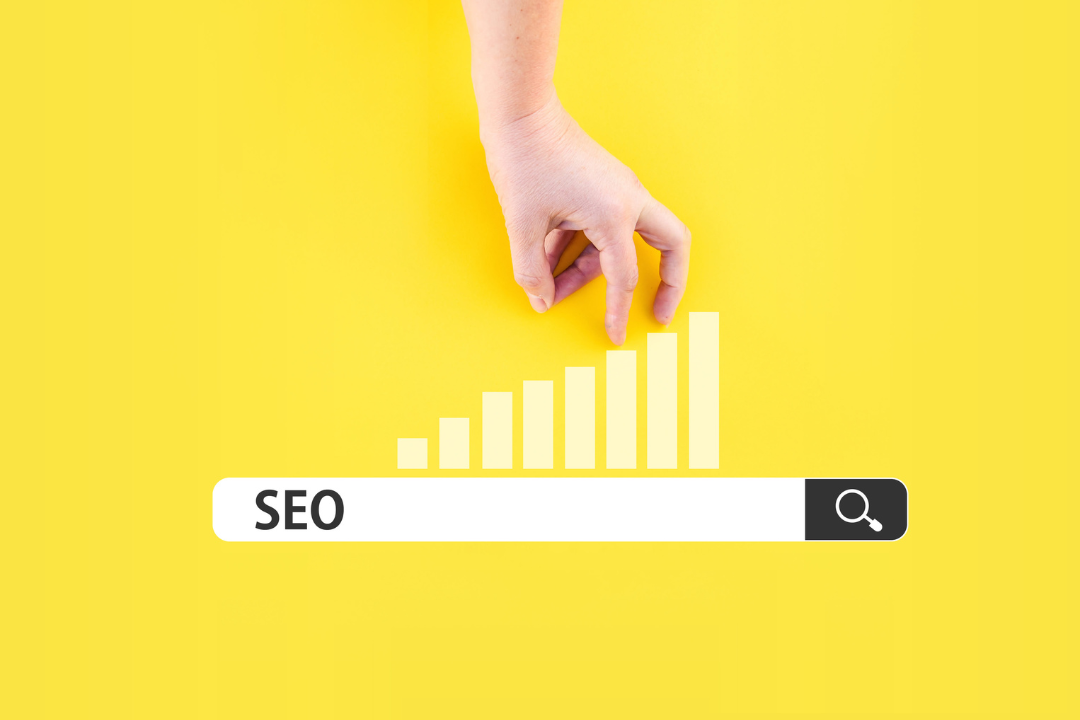
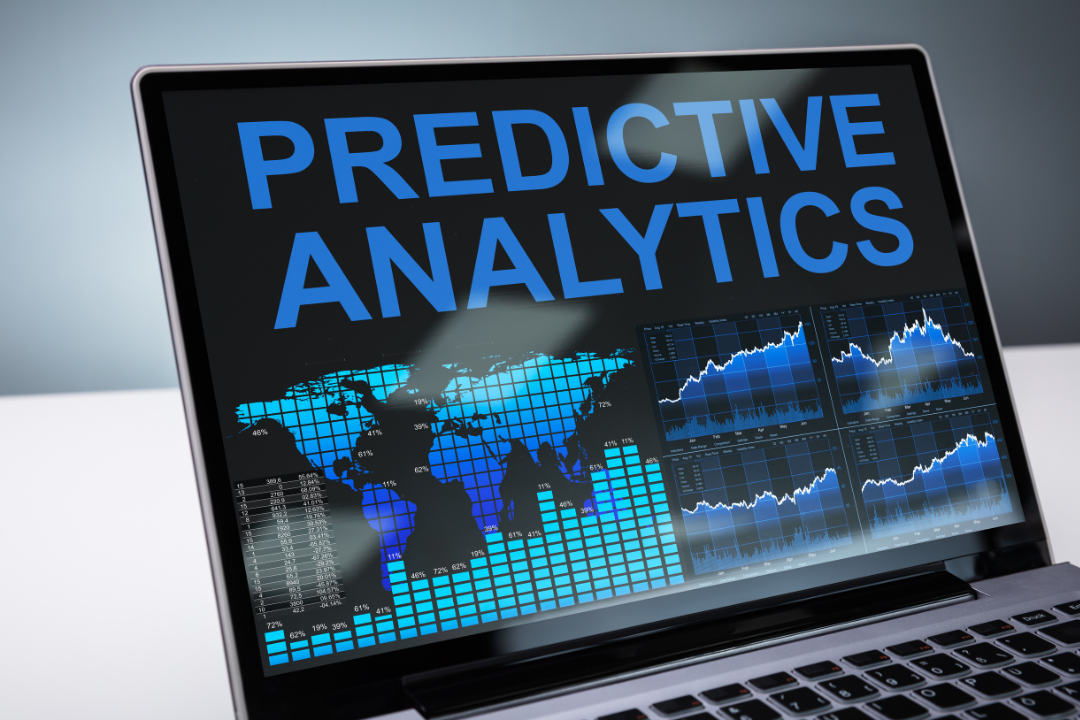


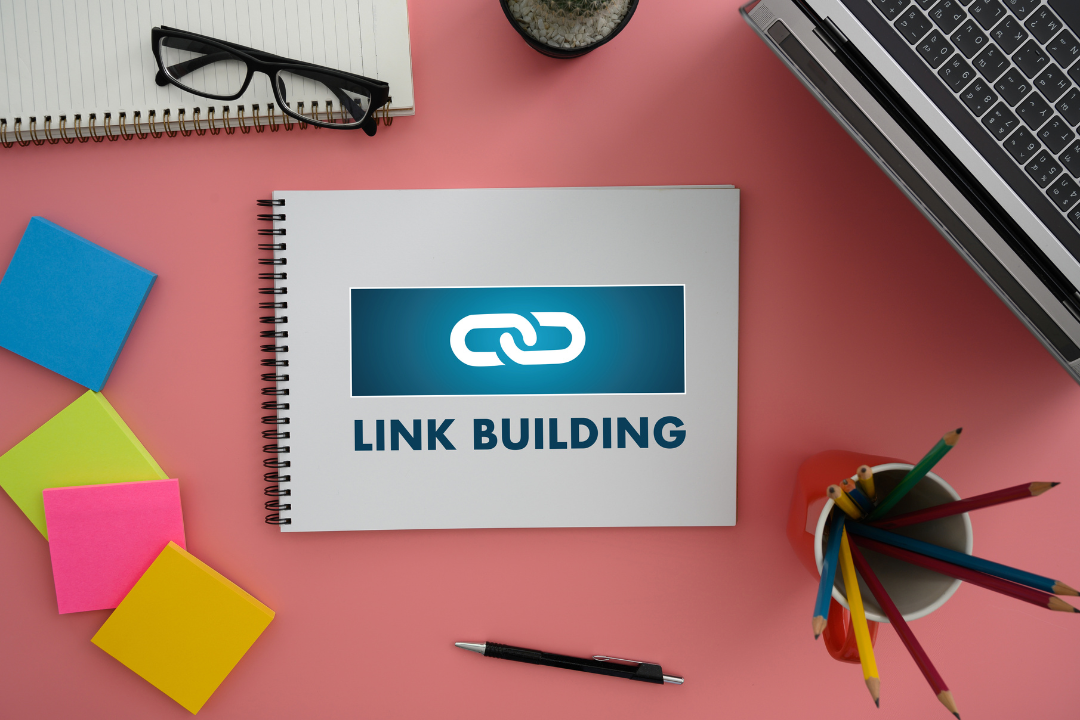
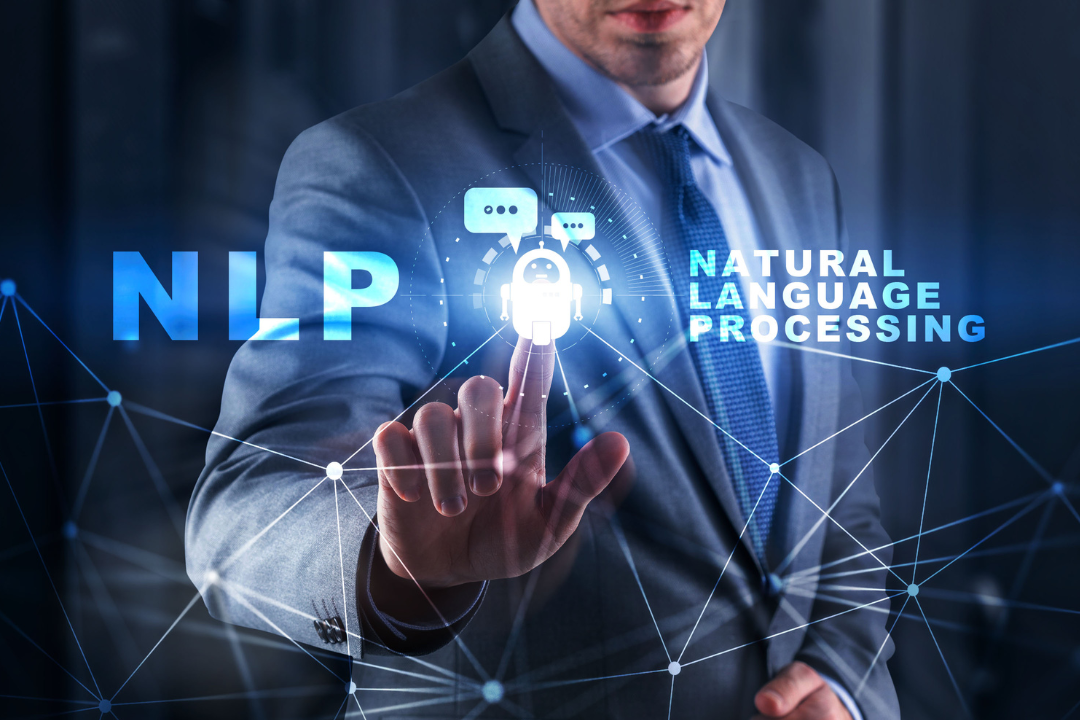





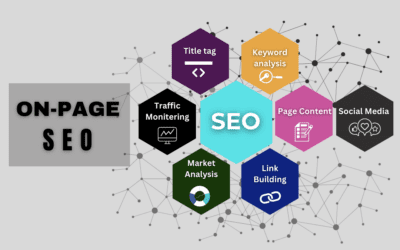

0 Comments